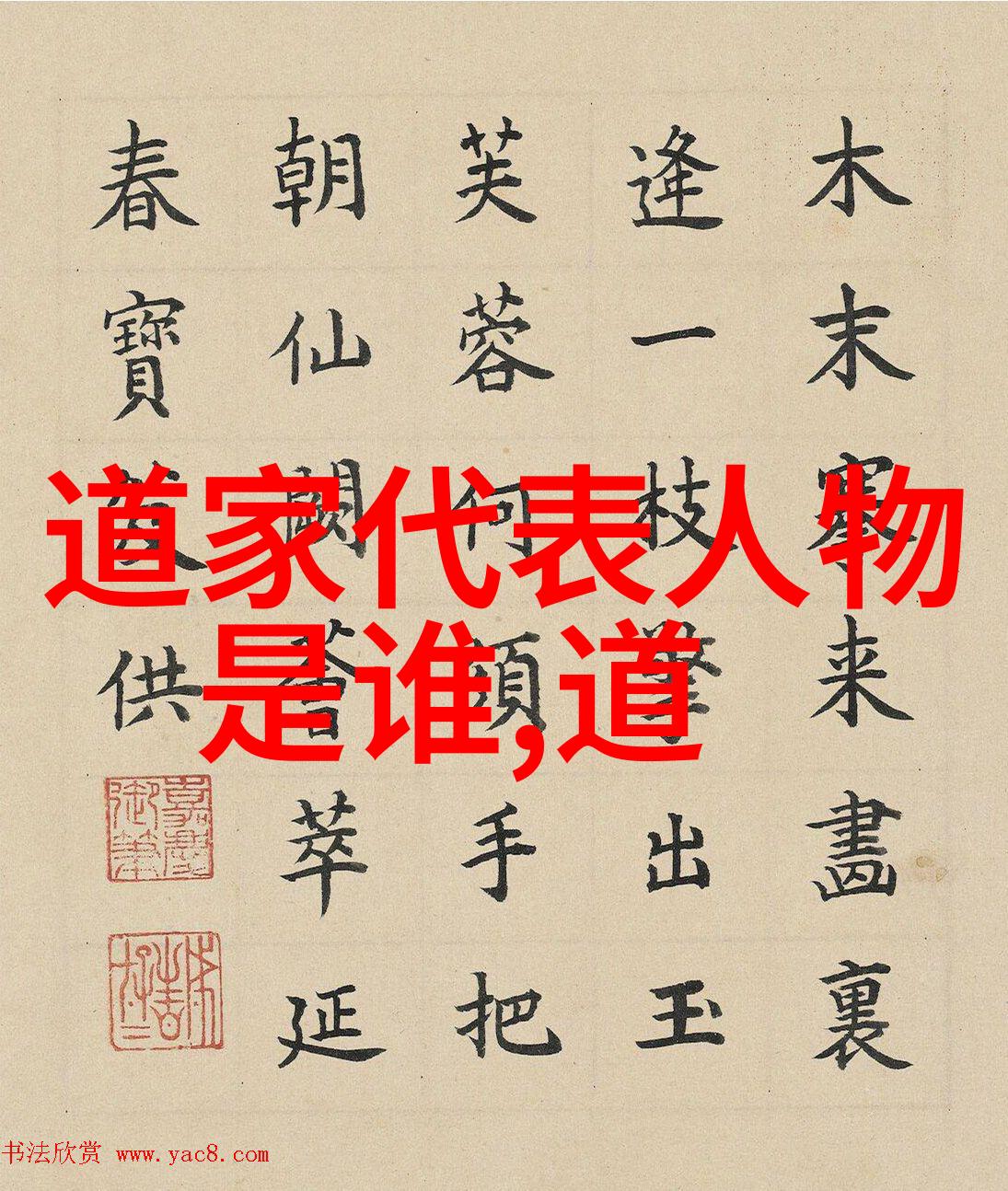THE_LAST_WORD_OF_DAOISM:_Unveiling the Secrets of Chapter 81 of the Tao Te Ching

Chapter 81, the last chapter of Lao Tzu's magnum opus, is a culmination of wisdom that has been guiding humanity for millennia. It distills the essence of Daoist philosophy and offers profound insights into the nature of reality and our place within it. In this article, we will delve into the meaning behind these enigmatic verses to uncover their secrets.
The opening lines set a somber tone: "Thirty spokes there are upon a cartwheel; / Thirty joints in an axle-tree; / Whose utility is like unto grass or reeds." This metaphor highlights how something useful can be found in even seemingly insignificant parts. The importance lies not just in what appears on its surface but also in its inner workings – much like life itself.

The next few lines drive home this point further: "Therefore did they make horse-shoes by cutting off pieces from ox-yokes; / And halter-rings by cutting out circles from old plough-gears." These practical examples illustrate how one thing can become another when broken down and transformed. This process reflects our own journey through life, where we must constantly adapt and evolve to find new purposes.
Lao Tzu then turns his attention to human relationships: "All things arise from being nothing; / All things come forth from having no name." He emphasizes that everything originates without form or identity before taking on its present state. This understanding encourages us to approach others with compassion and humility – recognizing that each person carries their own unique story untold beneath their external appearance.

As we move deeper into Chapter 81, Lao Tzu shares his vision for an ideal society: "Heaven does not act nor speak; yet all things have their proper places. / Earth does not act nor speak; yet all things grow upon it." Here he presents Heaven as a model for governance – one that operates without interference or coercion yet still maintains balance and harmony among all elements. Similarly, Earth demonstrates nurturing qualities without exerting force over anything growing upon it.
This concept resonates with other key phrases throughout Dao De Jing such as 'Wu Wei,' or 'non-action,' which suggests acting naturally rather than forcing outcomes through effort alone. By adopting this mindset towards governing ourselves as well as others around us (including Mother Nature), we can strive towards creating more harmonious communities built on mutual respect instead of dominance over one another.

In conclusion, Chapter 81 serves as both an ode to simplicity while also offering guidance for navigating complex situations effectively - encapsulating Lao Tzu's timeless wisdom about living accordingly with natural order ('Tao'). Through embracing change gracefully ('Wu Wei') and recognizing interconnectedness ('Yi'), individuals may cultivate personal growth while fostering greater unity amongst people across various realms - ultimately reaching toward becoming better versions themselves so they contribute positively towards building stronger societies at large based on shared values derived directly from nature itself (the ultimate source).



